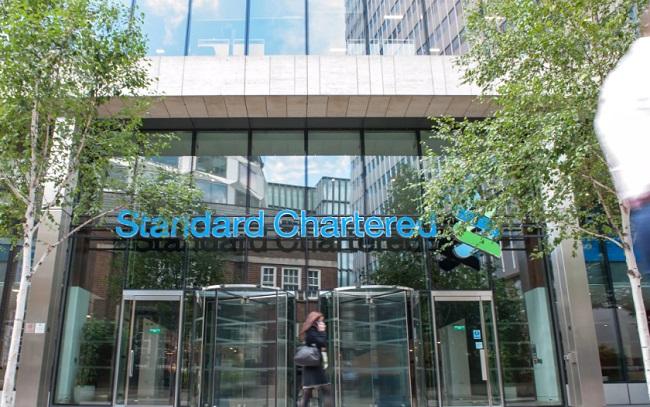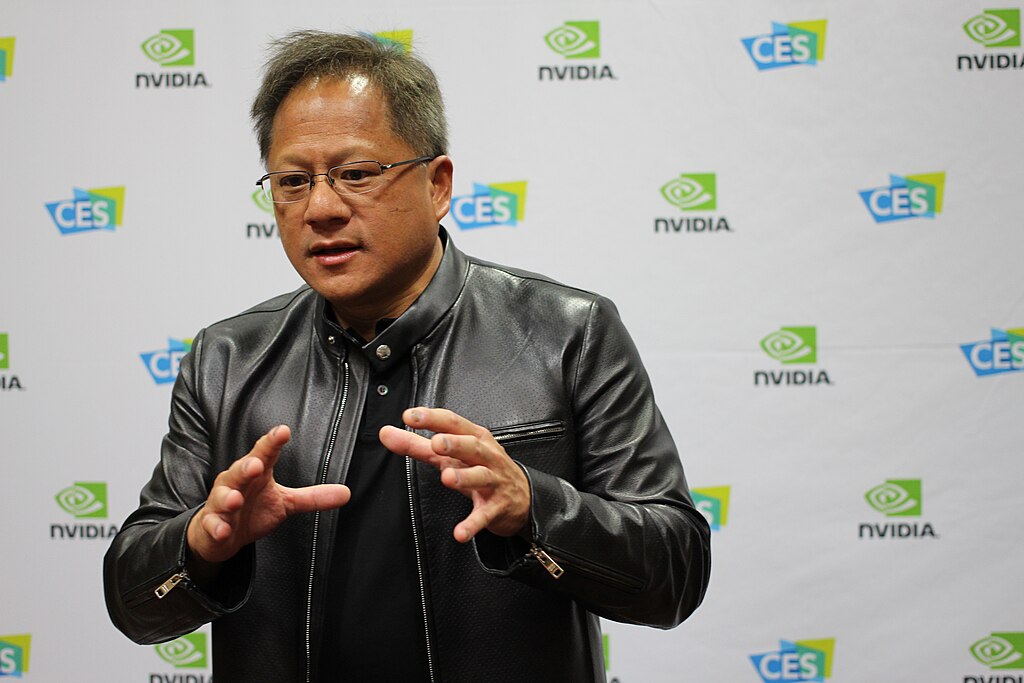British banking giant Standard Chartered is the latest to join the Enterprise Ethereum Alliance (EEA), a member-led organization that aims to advance enterprise blockchain deployments leveraging Ethereum-based technology.
Launched in 2017, EEA is focused on developing a set of open-source, standards-based blockchain specifications that can be trusted and utilized globally for the betterment of all businesses and consumers. It currently has more than 500 members including the likes of Microsoft, Santander, JPMorgan, Accenture, BNY Mellon and many others.
As an EEA member, Standard Chartered said it will join forces with industry leaders in pursuit of Ethereum-based enterprise technology best practices, open standards, and open-source reference architectures.
“We are excited to be a part of the EEA and look forward to opportunities where we can collaborate with other leading industry players to deepen blockchain research and application in the banking sector,” said Dr. Michael Gorriz, Group Chief Information Officer at Standard Chartered.
The bank was among the first financial institutions to pilot blockchain technology for payments. It believes that the technology is central to banking and commerce in the digital era, allowing transactions to be verified, secure and processed in real-time.
Standard Chartered is not only actively involved in the blockchain space but also working with various industry partners and fintechs to explore its use. It is one of the founding members of Voltron, a blockchain-based open industry platform launched in October 2018 to digitally create, exchange, approve and issue Letters of Credits (LCs). In August, it completed its first blockchain-based deep-tier supply chain financing transaction with China-based Linklogis.
It has also partnered with Ant Financial to launch a blockchain-enabled cross-border remittance service from Hong Kong to the Philippines. Another project aims to create blockchain-based smart guarantees for trade finance in collaboration with Siemens Financial Services and TradeIX
The bank is also involved in Project Inthanon led by the Central Bank of Thailand to develop a central bank digital currency (CBDC), and Project Ubin led by Monetary Authority of Singapore (MAS) to explore the use of distributed ledger technology for the clearance and settlement of payments and securities.


























Comment 0